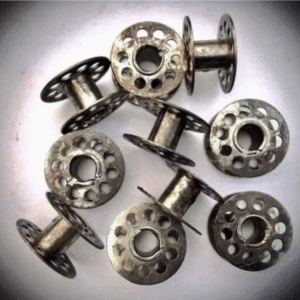Why Do People Drool While Sleeping?
Drooling during sleep is a common occurrence and usually nothing to worry about. However, in some cases, it can be linked to health conditions or specific sleep habits.
Common Causes of Nighttime Drooling
One major reason is muscle relaxation. During deep sleep, especially REM, the muscles in your face and jaw relax, causing your mouth to open slightly and allowing saliva to escape. Sleeping position also plays a role—sleeping on your stomach or side lets gravity pull saliva out, while sleeping on your back usually reduces drooling.
Nasal congestion from allergies or colds can force mouth breathing, leading to drool. Some people experience hypersalivation, or excess saliva production, caused by infections, swollen tonsils, or reactions to medications or foods.
Gastroesophageal reflux disease (GERD) can trigger more saliva and nighttime drooling. In more serious cases, neurological disorders like Parkinson’s disease or stroke can impair muscle control and swallowing, leading to drooling. Certain medications, including sedatives and antipsychotics, may also increase saliva flow.
When to See a Doctor
If drooling is frequent, excessive, or paired with breathing issues or snoring, consult a doctor—it could signal sleep apnea or another condition.
Sleeping on your back, treating congestion, and maintaining oral hygiene can help reduce nighttime drooling.





